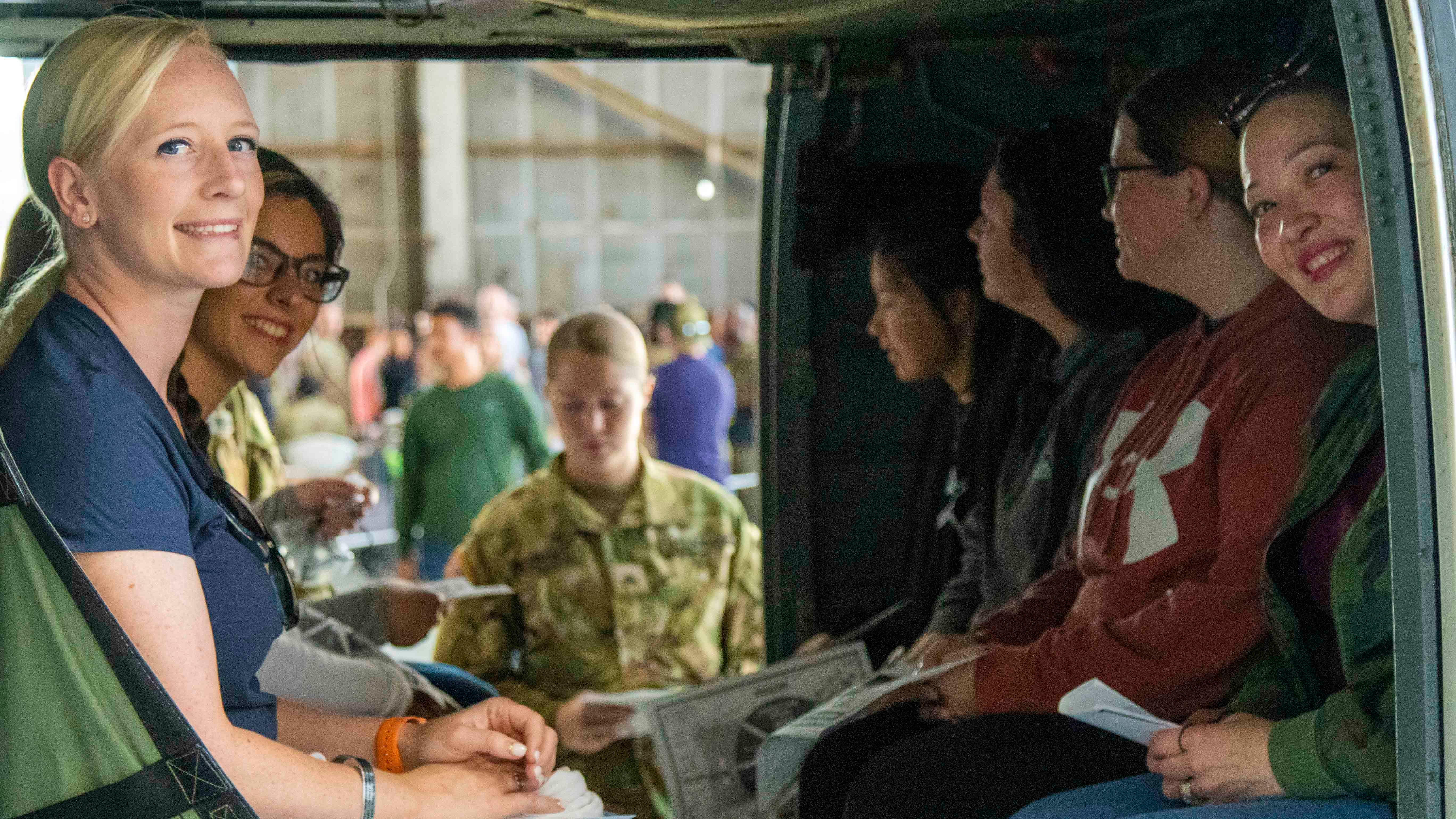Army Spouses Want More User-Friendly Resources
Army Spouses Want More User-Friendly Resources

While Army spouses have access to many on-post resources, including help with permanent change-of-station moves or adjusting to a new installation, they could benefit from additional support navigating those resources, a Rand Corp. report found.
To build its report, Rand analyzed results from a 2018 Army spouse survey and conducted qualitative interviews with 42 Army spouses from garrisons across the U.S. to identify their needs and most pressing challenges. Though there were some differences observed across garrisons, the results “suggest more uniformity than difference across garrisons,” the report says.
The Army has many programs offering spouses help or resources to address the needs of military families, including child care and medical care, and help with major life events such as deployments and PCS moves. However, even spouses who feel more connected to the Army have trouble accessing the resources available on post and online, the Rand study found.
Additionally, while some spouses said they experienced multiple referrals that helped them meet a specific need, others said the referrals at times felt like “getting ‘bounced around,’ ” according to the Rand study.
The study recommends that the Army ensure smooth handoffs between programs.
“As a best practice, [the Army should] ensure that warm handoffs between programs are standard rather than the exception,” the study says. “Army programs and leaderships should establish a ‘no wrong door’ policy through which spouses who contact them for help can be directed to the most appropriate resources for their problems.”
To help Army spouses access resources more readily, having a support network of other military spouses is key, the study says.
“Having a support network of other military spouses is beneficial for spouse and family well-being and having a robust source of social support is a key factor in improving resilience for military families,” the study found. “The more engaged military spouses are with their community, the more they are able to cope with stress and be resilient.”
Results from Fort Benning, Georgia, one of the installations studied, could offer “clues to potential gateways to better integrate spouses into the Army,” the study found. “Spouses at Fort Benning experienced more positive outcomes than average and reported higher levels of social support from their military network and more positive attitudes toward the military,” the study says.
Additionally, Army spouses who connected with the Army through fellow spouses were better able to navigate resources. “It is clear … that connections to the Army through other Army spouses serve to increase awareness of and access to military and civilian resources to help spouses find help for their greatest problems and needs,” the study found. “In this way connections serve as a gateway through which spouses can avail themselves of the benefits of being part of the Army community.”
The study also recommended that the Army leverage Soldier and Family Readiness Groups, have welcome sessions for spouses and develop a website of resources from the session, offer online activities for Army spouse social support, utilize existing resources and ensure that handoffs between family programs are successful.
“The Army should take steps to further the gateways for Army spouses to increase connections with each other and the rest of the Army community, and to make it easier for all spouses to get information on available resources and identify those resources that are appropriate to their needs,” the study says.
Read the full report here.

